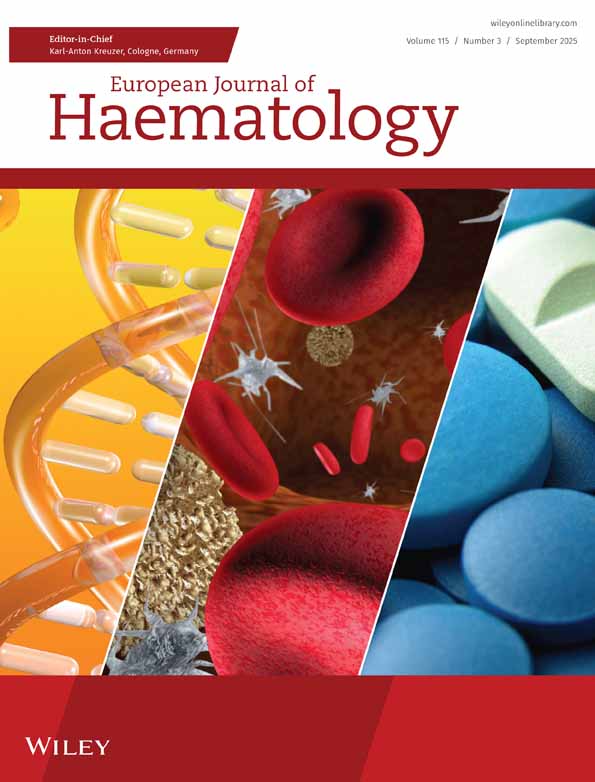1513A/C polymorphism in the P2X7 receptor gene in chronic lymphocytic leukemia: absence of correlation with clinical outcome
Abstract:
Purinergic P2X7 receptors are ligand-gated cation channels expressed on the cells of the immune and hemopoietic system which have been shown to mediate the ATP-induced apoptotic death of monocytes, macrophages and lymphocytes. A common single nucleotide polymorphism within the P2X7 gene has been described in exon 13 (1513A/C), the gene products encoding fully active and non-functional proteins. We genotyped the P2X7 1513A/C polymorphism using DNA from 111 patients with chronic lymphocytic leukemia (CLL) and 97 healthy controls using polymerase chain reaction (PCR) amplification followed by Hha1 restriction analysis. We found no significant difference in allele frequency between CLL patients and controls. Time periods from diagnosis to initiation of chemotherapy, a surrogate marker for disease progression, were not different in patients displaying the combined 1513A/C and C/C or the 1513A/A genotype (P = 0.97). Similar results were observed in a subgroup analysis of prognostically more favorable CD38-negative and ZAP-70-negative CLL patients. In conclusion, our data do not support a role of the P2X7 genotype as a prognostic marker in B-cell CLL.




